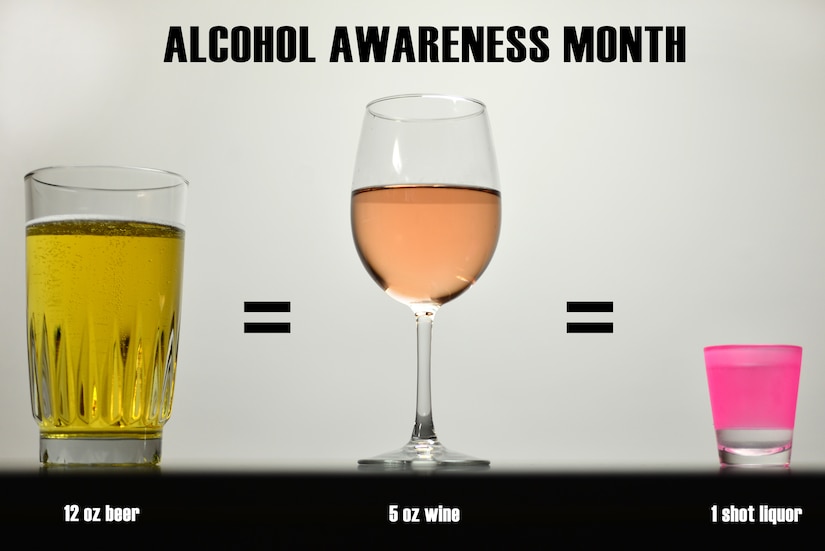7 Reasons Your Alcohol Rehab In Thailand Just isn't What It Ought to b…
페이지 정보
작성자 Sang 작성일23-12-17 05:21 조회4회 댓글0건관련링크
본문
Introduction:
Methamphetamine (meth) addiction happens to be a significant general public health issue around the world. This effective stimulant medicine affects the central nervous system and is highly addictive. Meth addiction has actually devastating effects for individuals, families, and communities. This report aims to offer a brief history of this crucial components of meth addiction, including its prevalence, triggers, effects, and available treatment plans.
Prevalence of Meth Addiction:
Meth addiction is an evergrowing problem that affects folks of all centuries and backgrounds. Based on the 2019 National Survey on Drug utilize and wellness (NSDUH), around 1.6 million men and women in america reported utilizing methamphetamine in past times year, suggesting the extensive nature of this problem. Additionally, the us workplace on Drugs and Crime estimates that around 26 million men and women global used methamphetamines at least once within their life time.
 Factors and Risk Aspects:
Factors and Risk Aspects:
 Several facets contribute to the introduction of meth addiction. Included in these are hereditary predisposition, environmental aspects, and private situations. Research shows that people who have a household reputation for addiction is even more at risk of establishing a methamphetamine dependency. Additionally, trauma, punishment, neglect, and an unstable residence environment increases the possibility of addiction. Also, utilizing meth in social groups or as a means to deal with tension or psychological pain may further donate to the introduction of addiction.
Several facets contribute to the introduction of meth addiction. Included in these are hereditary predisposition, environmental aspects, and private situations. Research shows that people who have a household reputation for addiction is even more at risk of establishing a methamphetamine dependency. Additionally, trauma, punishment, neglect, and an unstable residence environment increases the possibility of addiction. Also, utilizing meth in social groups or as a means to deal with tension or psychological pain may further donate to the introduction of addiction.
Results of Meth Addiction:
Meth addiction have serious physical, emotional, and personal effects. The drug promotes the production of dopamine, a neurotransmitter involving satisfaction and Alcohol rehab thailand reward, resulting in intense feelings of euphoria. But extended usage rewires mental performance, resulting in an increased tolerance and later bigger amounts to ultimately achieve the desired impact. This cycle of escalating usage can very quickly result in addiction.
 Real effects of meth addiction include severe weightloss, dental care issues (popularly known as "meth mouth"), skin lesions, and aerobic problems. Psychologically, meth addiction can cause paranoia, hallucinations, anxiety, hostility, and psychosis. Moreover, lasting use may cause cognitive impairments, memory loss, and changes in motor features.
Real effects of meth addiction include severe weightloss, dental care issues (popularly known as "meth mouth"), skin lesions, and aerobic problems. Psychologically, meth addiction can cause paranoia, hallucinations, anxiety, hostility, and psychosis. Moreover, lasting use may cause cognitive impairments, memory loss, and changes in motor features.
The social influence of meth addiction is powerful, impacting families, communities, and society in particular. Issues particularly tense relationships, unemployment, monetary struggles, unlawful behavior, as well as the spread of infectious conditions (age.g., HIV/AIDS) are often related to meth addiction. Also, the production and distribution of methamphetamine contribute to the boost in planned crime and present a threat to public safety.
Treatments:
Healing meth addiction calls for a thorough approach that encompasses both real and mental aspects. Effective therapy can sometimes include a combination of behavioral therapies, counseling, organizations, and medication-assisted therapy. Cognitive-behavioral therapy (CBT) is usually employed to greatly help people recognize and alter their particular harmful thoughts and habits pertaining to medication usage. Additionally, medications eg bupropion and naltrexone may help with lowering cravings and managing withdrawal signs.
Conclusion:
Meth addiction is a widespread issue that impacts people and communities worldwide. The devastating actual, emotional, and social consequences associated with methamphetamine usage underline the urgency to handle this problem. By knowing the causes, impacts, and offered treatment options, we are able to work towards avoidance, early input, and effective assistance systems. It is essential to improve understanding, supply training, and promote access to treatment to mitigate the harmful effects of meth addiction and assistance individuals in their journey towards recovery.
Methamphetamine (meth) addiction happens to be a significant general public health issue around the world. This effective stimulant medicine affects the central nervous system and is highly addictive. Meth addiction has actually devastating effects for individuals, families, and communities. This report aims to offer a brief history of this crucial components of meth addiction, including its prevalence, triggers, effects, and available treatment plans.
Prevalence of Meth Addiction:
Meth addiction is an evergrowing problem that affects folks of all centuries and backgrounds. Based on the 2019 National Survey on Drug utilize and wellness (NSDUH), around 1.6 million men and women in america reported utilizing methamphetamine in past times year, suggesting the extensive nature of this problem. Additionally, the us workplace on Drugs and Crime estimates that around 26 million men and women global used methamphetamines at least once within their life time.
 Factors and Risk Aspects:
Factors and Risk Aspects:Results of Meth Addiction:
Meth addiction have serious physical, emotional, and personal effects. The drug promotes the production of dopamine, a neurotransmitter involving satisfaction and Alcohol rehab thailand reward, resulting in intense feelings of euphoria. But extended usage rewires mental performance, resulting in an increased tolerance and later bigger amounts to ultimately achieve the desired impact. This cycle of escalating usage can very quickly result in addiction.
 Real effects of meth addiction include severe weightloss, dental care issues (popularly known as "meth mouth"), skin lesions, and aerobic problems. Psychologically, meth addiction can cause paranoia, hallucinations, anxiety, hostility, and psychosis. Moreover, lasting use may cause cognitive impairments, memory loss, and changes in motor features.
Real effects of meth addiction include severe weightloss, dental care issues (popularly known as "meth mouth"), skin lesions, and aerobic problems. Psychologically, meth addiction can cause paranoia, hallucinations, anxiety, hostility, and psychosis. Moreover, lasting use may cause cognitive impairments, memory loss, and changes in motor features.The social influence of meth addiction is powerful, impacting families, communities, and society in particular. Issues particularly tense relationships, unemployment, monetary struggles, unlawful behavior, as well as the spread of infectious conditions (age.g., HIV/AIDS) are often related to meth addiction. Also, the production and distribution of methamphetamine contribute to the boost in planned crime and present a threat to public safety.
Treatments:
Healing meth addiction calls for a thorough approach that encompasses both real and mental aspects. Effective therapy can sometimes include a combination of behavioral therapies, counseling, organizations, and medication-assisted therapy. Cognitive-behavioral therapy (CBT) is usually employed to greatly help people recognize and alter their particular harmful thoughts and habits pertaining to medication usage. Additionally, medications eg bupropion and naltrexone may help with lowering cravings and managing withdrawal signs.
Conclusion:
Meth addiction is a widespread issue that impacts people and communities worldwide. The devastating actual, emotional, and social consequences associated with methamphetamine usage underline the urgency to handle this problem. By knowing the causes, impacts, and offered treatment options, we are able to work towards avoidance, early input, and effective assistance systems. It is essential to improve understanding, supply training, and promote access to treatment to mitigate the harmful effects of meth addiction and assistance individuals in their journey towards recovery.
댓글목록
등록된 댓글이 없습니다.




